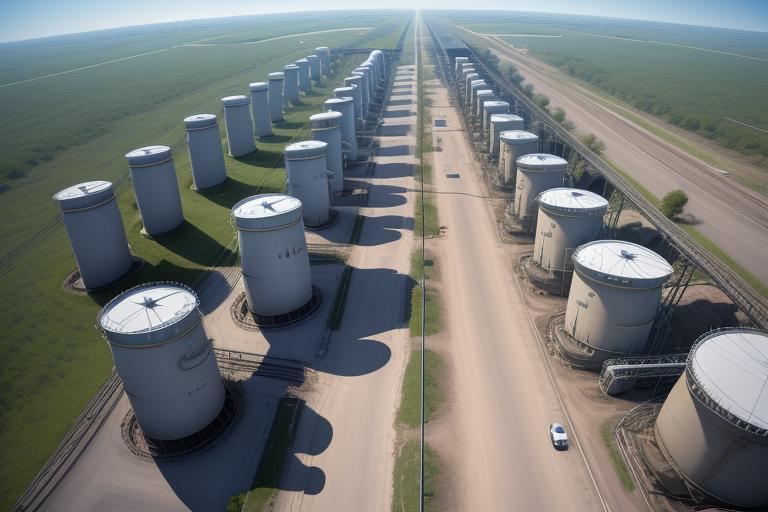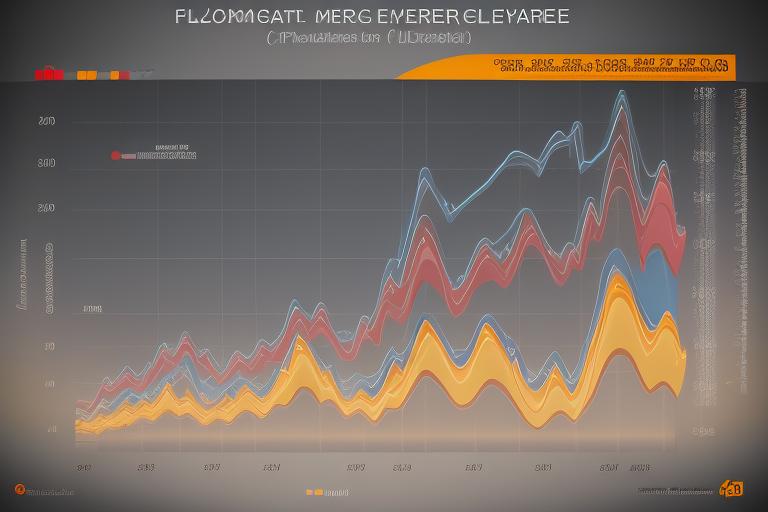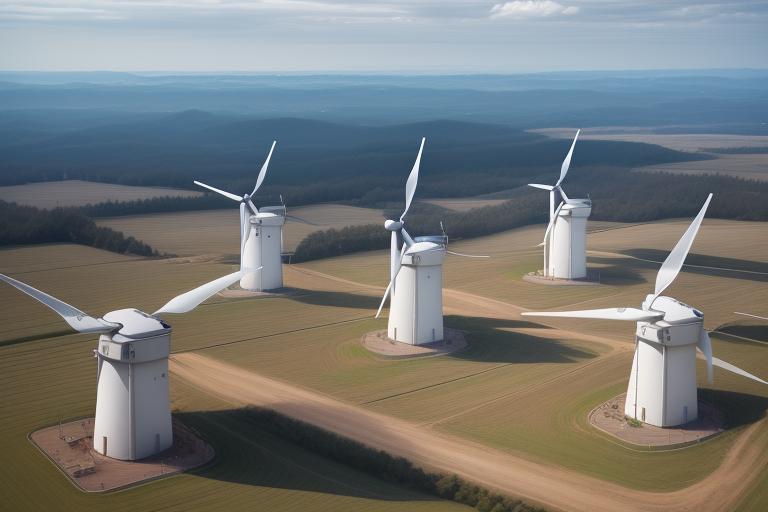In an unprecedented move, the European Commission (EC) proposes to cap the revenues of infra-marginal producers at €180/Mwh throughout the European Union (EU). This proposal, primarily aimed at harmonizing energy pricing across the Union, has sparked a range of reactions within the renewable energy sector. This article provides expert analysis on this critical development.
Understanding the EC’s Proposal

The EC’s proposal intends to standardize the revenues for infra-marginal energy producers. Infra-marginal producers are those who can produce additional electricity at a lower cost than the marginal price. The proposed cap represents a significant shift from the prevailing free-market principles traditionally applied within the EU’s energy market.
Implications for the Energy Market

The EC’s proposed cap could substantially alter the dynamics of the competitive energy market within the EU. Companies that rely on volatile price levels to drive profitability will need to reassess their strategic positioning. The proposal could also disrupt investment flows into renewable energy projects, as it alters expectations of future profits.
Impact on Renewable Energy Producers

This proposal could be particularly impactful for renewable energy producers. The infra-marginal revenue cap might dampen the financial incentives for investing in renewable energy technologies. This could slow the growth of renewable energy and undermine EU’s ambitious targets for a sustainable energy mix by 2030 and a climate-neutral economy by 2050.
Responses from the Industry
The industry’s response to the proposal has been mixed. Some players believe that the cap could lead to more predictable and stable cash flows, while others argue that it disincentivizes investment in cutting-edge renewable technologies. Overall, the proposal has intensified the debate on balancing free-market principles with environmental and sustainability goals.
Conclusion
While the European Commission’s proposal aims to standardize energy pricing across the EU, its potential implications are manifold. As the debate unfolds, it is essential for renewable energy stakeholders to stay informed and adapt to these changes in the market dynamics.
